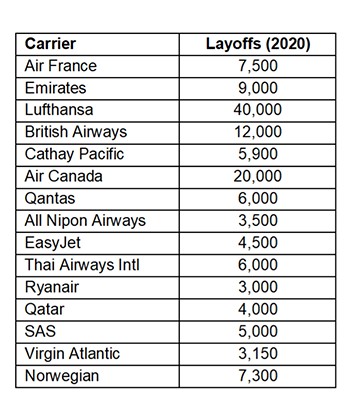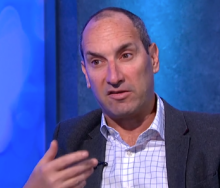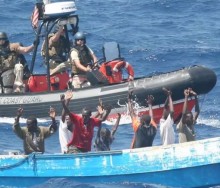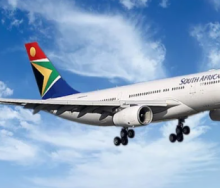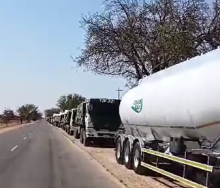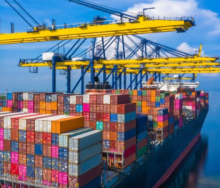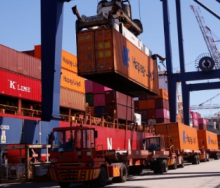Many major airlines around the world used the Covid-19 pandemic to erode basic working conditions for hundreds of thousands of employees, a new industry report has found.
As well as carrying out massive job cuts during the pandemic, airlines including British Airways, Qantas and Lufthansa used aggressive tactics including ‘fire and rehire’ and outsourcing, as well as policies of unpaid leave and wage freezes, to shift workers onto inferior employment contracts, according to ‘Employer Responses to Covid-19 In the Aviation Industry’.
Compiled by the Public Services International Research Unit (PSIRU) and Centre for Research in Employment and Work (Crew) at the University of Greenwich and commissioned by the International Transport Workers’ Federation (ITF), the report looks at policies and practices from March 2020 to May 2022. It finds that airlines have ‘reaped the whirlwind’ of these approaches, as they now face chronic staffing shortages as air travel returns to pre-pandemic levels.
‘Fire and rehire’ involves dismissing (or threatening to dismiss) employees, then rehiring them on new inferior contracts. The report identifies several airlines using this as a bargaining chip to compel workers to endure further concessions and pay cuts. In the UK, transport union Unite agreed to temporary pay cuts in order to save 1 800 Ryanair cabin crew jobs. Similarly, Wizz Air used the threat of 1 000 redundancies to push through wage cuts of 14% to 22% for employees. According to the report, Qantas threatened cabin crew that it would seek to terminate the collective agreement if they did not accept pay cuts.
The report looked at 15 major airlines, and assessed their responses to the pandemic, including job cuts, government support packages, restructuring efforts, and the outsourcing of roles.
It found that combined, the airlines received some $137 billion in state-sponsored emergency support from March 2020 until March 2021. However, the author notes that this support often came with ‘no strings attached’, meaning specific support for the retention of the airline’s workforce was not stipulated.
During the pandemic, Qantas claimed AU$2bn in state support. However, the airline cut jobs and initiated restructuring efforts aimed at pushing back against a growth in unionisation, particularly among ground crew. It outsourced 2 000 jobs to ground handling workers that had previously been in-house, shifting them to third-party contractors, particularly Swissport.
Similarly, British Airways accessed £300 million from the UK Government’s Corporate Financing Facility, but announced 12 000 job cuts early into the pandemic. The year before it had recorded profits of $3.5bn.
The report also examines the current staffing crisis for airlines, and makes a direct link between it and the practices of airlines during the pandemic. The authors find that ‘airlines that had been cut to the bone’ were unable to ramp up their operations to keep up with the surge in demand in early 2022.
In recent months, travellers across the world have been plagued by flight delays and cancellations due to staff shortages. Between January and August 4, almost 1.2m flights have been cancelled within three weeks of their scheduled departure.
“The Covid-19 pandemic was an unprecedented shock to the aviation industry, but airlines globally used it as a pretext to initiate layoffs, weaken labour contracts, and create low-cost subsidiaries – many of which had been on their agendas for decades,”says Stephen Cotton, ITF general secretary.
“The aviation industry is now reaping the decisions made to protect profits over people during the pandemic. While the workers on the front line are appeasing upset travellers and sorting through mountains of luggage, the heads of airlines, airports and companies across the delivery chain need to work with governments and unions to rectify the root causes of this travel crisis.”
Author of the report, Dr Kyla Sankey, says emergency government relief packages can offer crucial life support for economically strategic sectors like aviation in the face of crisis. “But the lesson of the pandemic is that the most crucial issue for workers is whether this support comes with strings attached.”
Download the full report ‘Employer Responses to Covid-19 In the Aviation Industry’.
Announcements of job losses made by major airlines, in order by airline size (March-December 2020).
